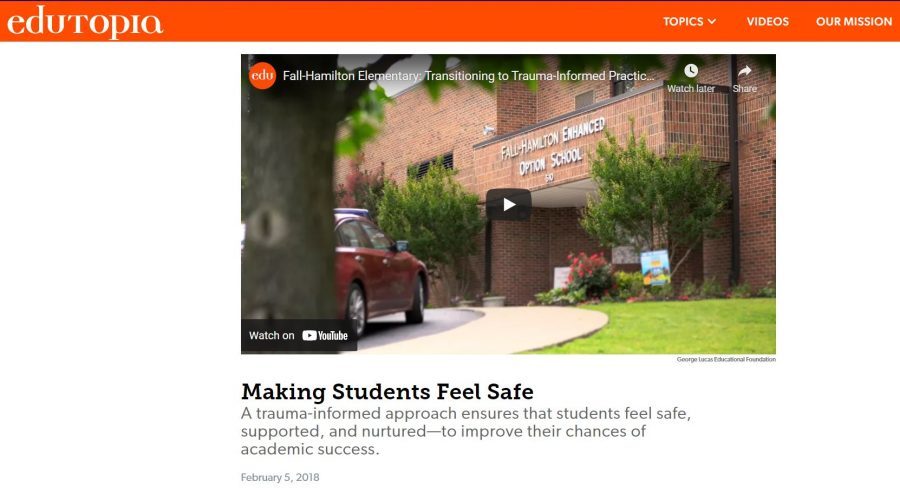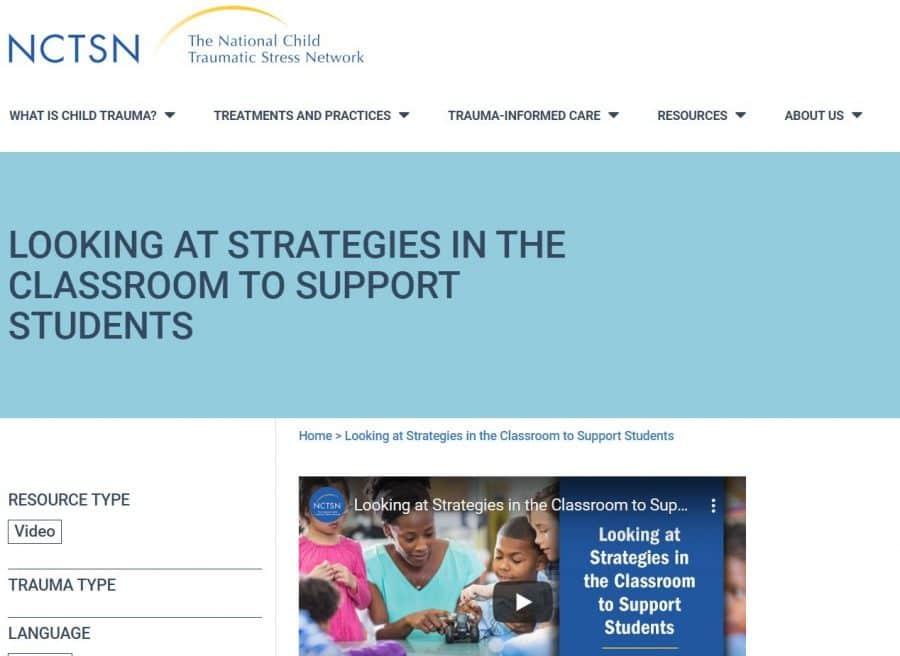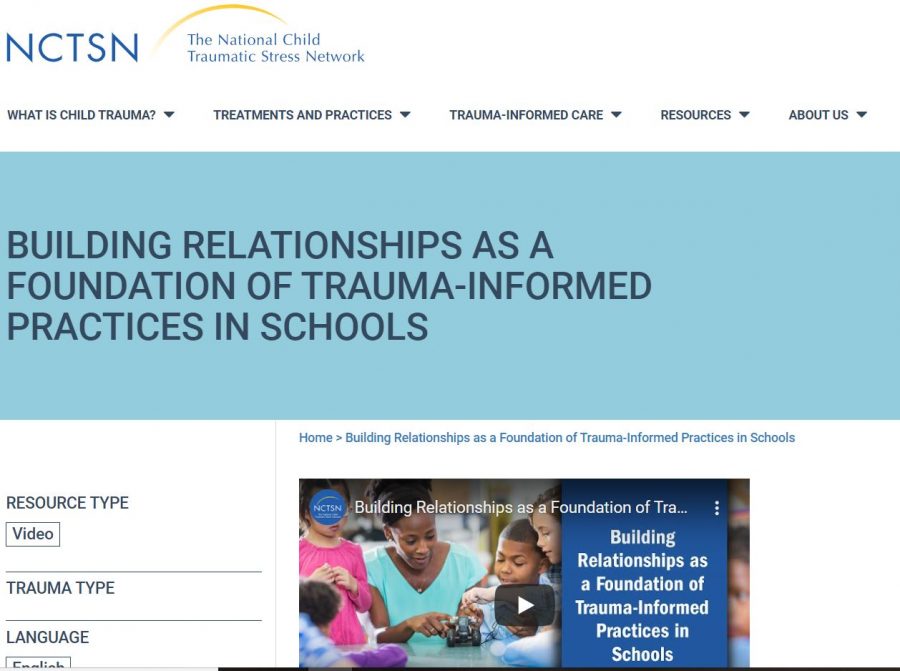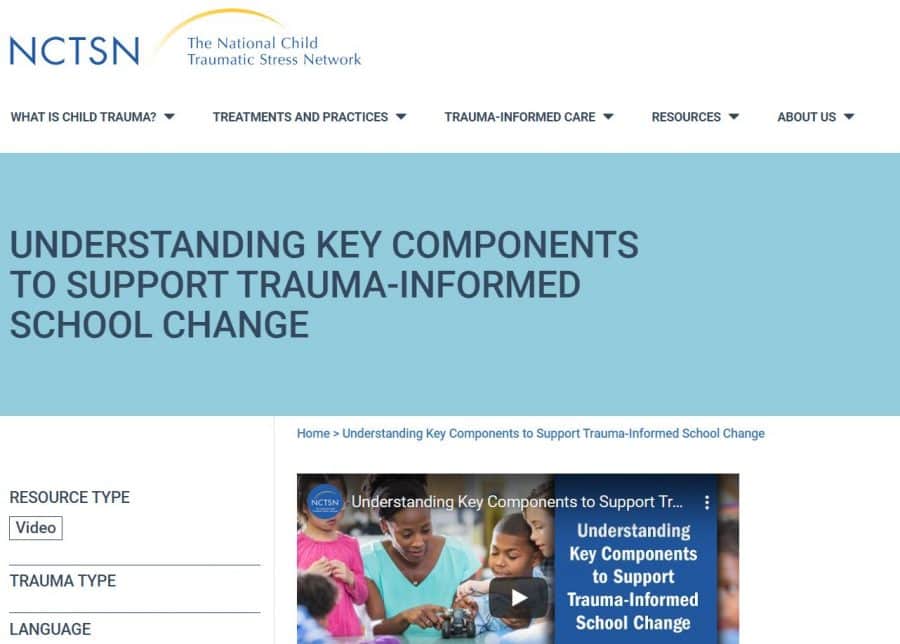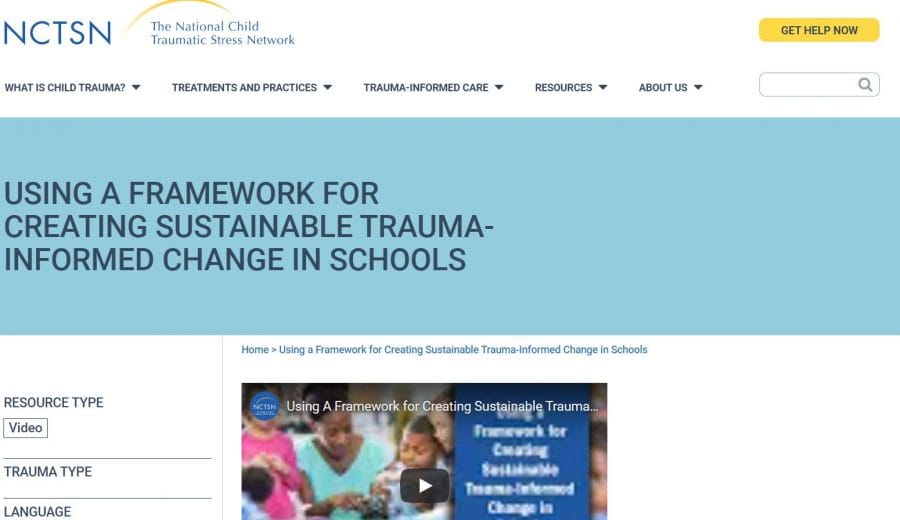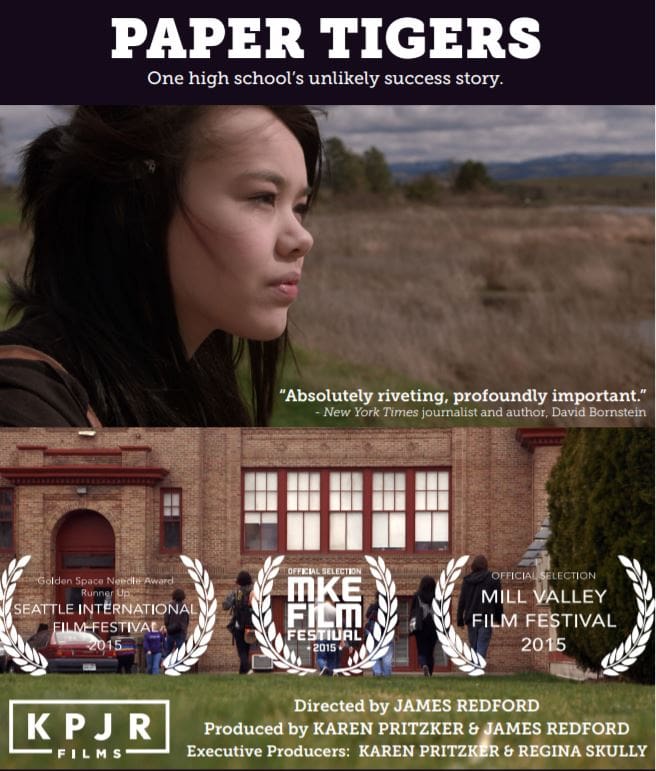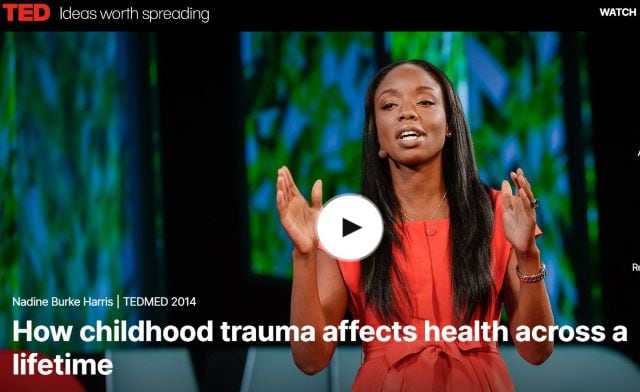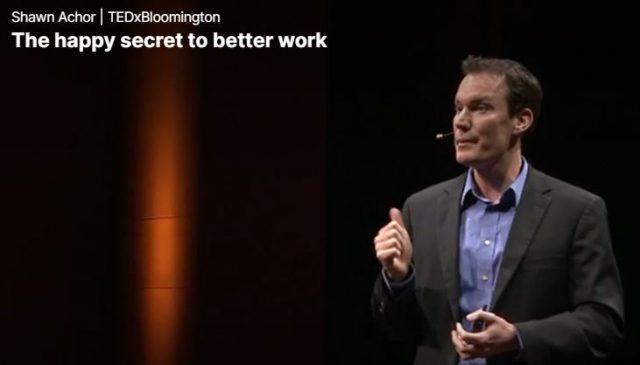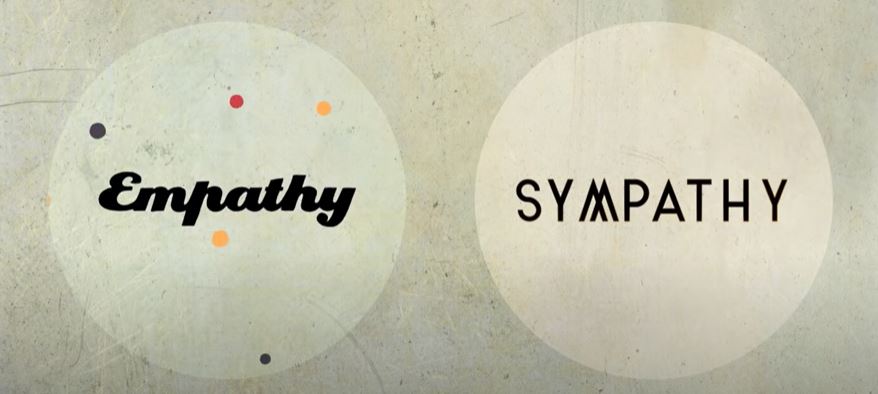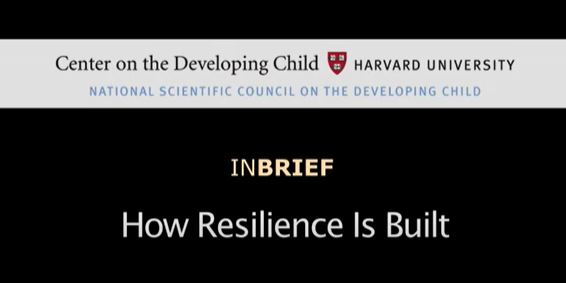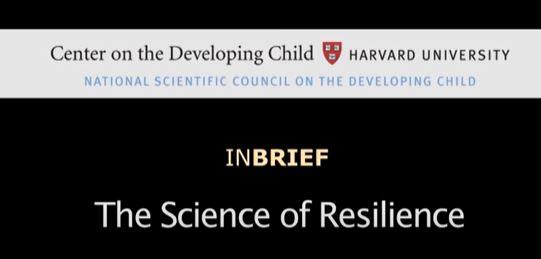This video from Edutopia highlights keys of a trauma-informed approach that ensures that students feel safe, supported, and nurtured—to improve their chances of academic success.
Resource Types
Resource Topic
This video from the National Child Traumatic Stress Network shares principles and examples of creating meaningful changes in the classroom that form an environment where children feel safe and willing to take risks. This video highlights successful efforts such as Morning and Threshold Greetings to welcome students, Calm Corners, and an approach to identify and support academically at-risk students.
This video from the National Child Traumatic Stress Network highlights useful strategies for and classroom examples of relationship-building and its positive impact on trauma-informed practice change in schools. In this video, teachers share guidance on practicing empathy, patience, and engagement to build trust and strengthen relationships with their students and create and affirm psychological safety in their classrooms.
This video from the National Child Traumatic Stress Network highlights the principles of the Breakthrough Series Collaborative methodology that support changes in schools, including involvement from stakeholders at multiple levels and a process of testing and adapting small changes to bring about sustainable and meaningful shifts in culture. This video also highlights key approaches such as developing administrative buy-in, engaging stakeholders (students, families, staff, and communities) at all levels, and utilizing a whole-school approach to meet the needs of all children, including those impacted by trauma.
This video from the National Child Traumatic Stress Network explains important activities for creating sustainable change in schools, including using school peers to discuss students and trauma-informed changes, sharing ideas with peers at other schools, developing collaboration with district leadership, administration, and parents; increasing family engagement; and raising awareness of key issues such as disciplinary disproportionality.
Paper Tigers follows a year in the life of an alternative high school that has radically changed its approach to disciplining its students, becoming a promising model for how to break the cycles of poverty, violence and disease that affect families.
A documentary film that chronicles the birth of a new movement among pediatricians, therapists, educators and communities, who are using cutting-edge brain science to disrupt cycles of violence, addiction and disease.
In this TedMed talk, Pediatrician Nadine Burke Harris, MD, explains that the repeated stress of abuse, neglect and parents struggling with mental health or substance abuse issues has real, tangible effects on the development of the brain.
A TED talk in which Shawn Achor discusses research on happiness in work. Findings relating to gratitude, journaling, exercising, meditation, and random acts of kindness are presented.
Researcher and Social Work Scholar Brené Brown discusses the importance of empathy in creating authentic, vulnerable connections with others.
This video from the Center on the Developing Child at Harvard University highlights the active ingredients of resilience, highlighting the importance of positive relationships with caring adults in helping children develop the skills to manage stress and cope with experiences of adversity.
This video, from Harvard University's Center on the Developing Child, describes the science of resilience as a balance between protective factors and adversity. Discusses the interaction of genes and experience in the production of positive outcomes.


